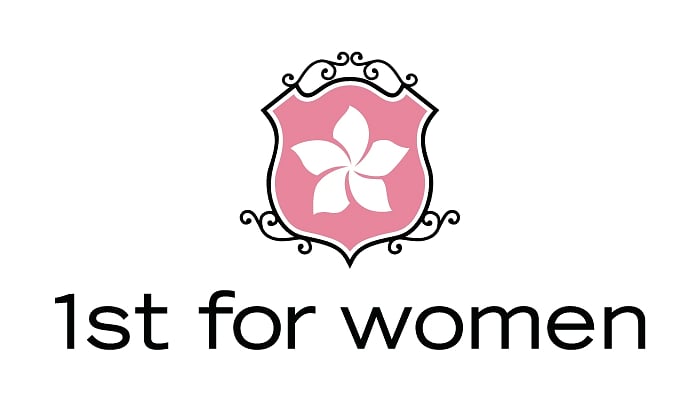
Assertiveness 101
Assertiveness 101
August 17, 2015By First For Women
Where do you rank on the assertiveness scale at work? Are you the mouse who never does more than squeak or the screaming banshee who is forever throwing her toys out her cot? If you want to learn how to stand up for your rights in the workplace here are your most frequently asked questions about boosting your assertiveness rankings.
What is assertiveness?
Assertiveness is the ability to stand up for yourself and your rights proactively and fairly without threatening the rights of others.
Why is assertiveness important?
Learning to be assertive will:
-
Help you to ensure that your needs are met and therefore reduce your stress levels and allow you to take control of your work life and your workload
-
Improve your communication and management skills and earn you the respect and support you need to get ahead
-
Help your colleagues to understand what you expect from them and make it easier for them to deliver on your expectations
-
Empower you to work with your colleagues to tackle problems and find solutions
-
Build your self-confidence and self-esteem
Can I learn to be assertive?
Yes! Assertiveness is a skill that can be learnt like any other. It just takes focus, commitment and, of course, lots of practice.
Where do I start?
-
Rehearse and prepare: If you have to confront somebody plan how and where you will do it. Practice what you want to say beforehand.
-
Control your emotions: As difficult as it might be you need to learn to remain calm and in control in conflict situations. Breathe deeply and speak firmly.
-
Think before you speak: Never lash out or speak in anger. Think carefully about what you want to say and how your words will affect the other person.
-
Accept criticism: Learn to accept criticism without getting defensive or angry. Remember that you too are not perfect!
-
Use I' statements: For example, instead of saying You always ignore my input' say I feel like my voice is not heard'. Using you' statements can make people feel defensive
-
Remember your body language: Sit up straight and lean forward when talking to people. Maintain eye contact and a neutral facial expression. Keep your hands in your lap.
-
Be respectful and positive: Learn to express negative thoughts carefully and in a way that respects the feelings of the other person. And remember your manners!
-
Start with small challenges: Practice being assertive with a pushy sales person, for example, before you tackle your boss!
-
Learn to say no: Learn to set limits and do what is best for you. Remember practice makes perfect don't beat yourself up if you don't get it right the first time.
-
Express yourself: Don't assume that people know what you want and need. Learn to express your needs clearly and calmly.
Final word
Remember that learning to be assertive starts with believing in yourself and your ability. You are just as important as everybody else and deserve to be treated with as much respect as your other colleagues.
























